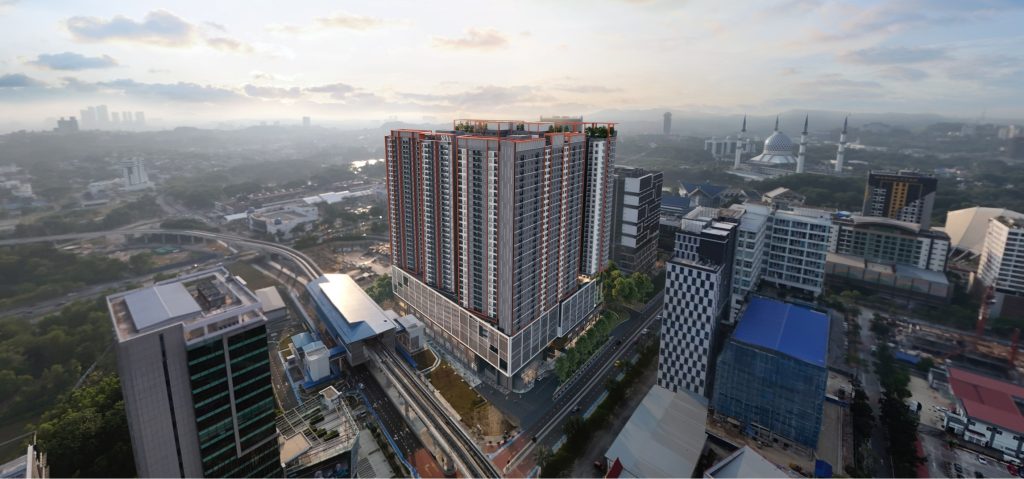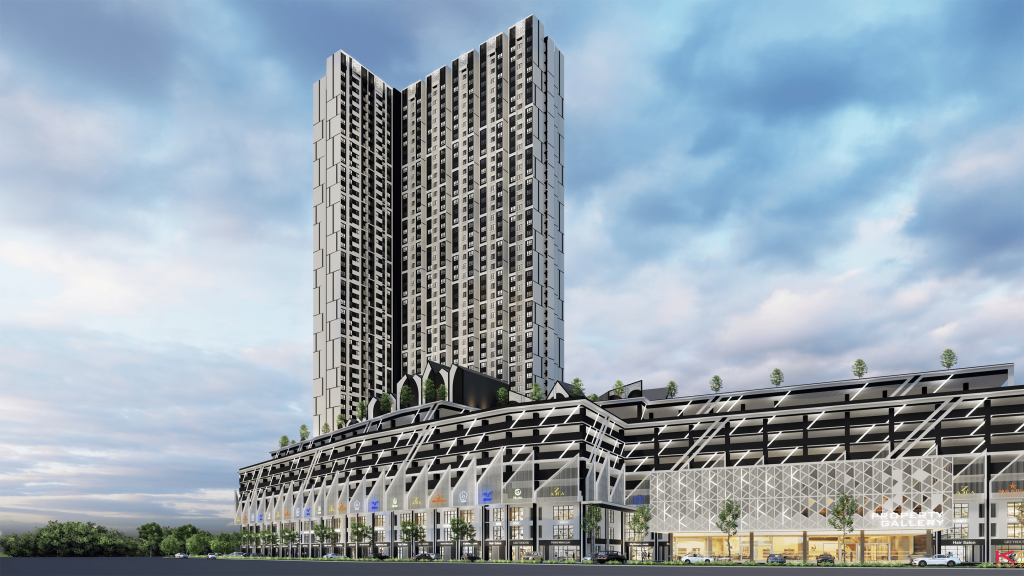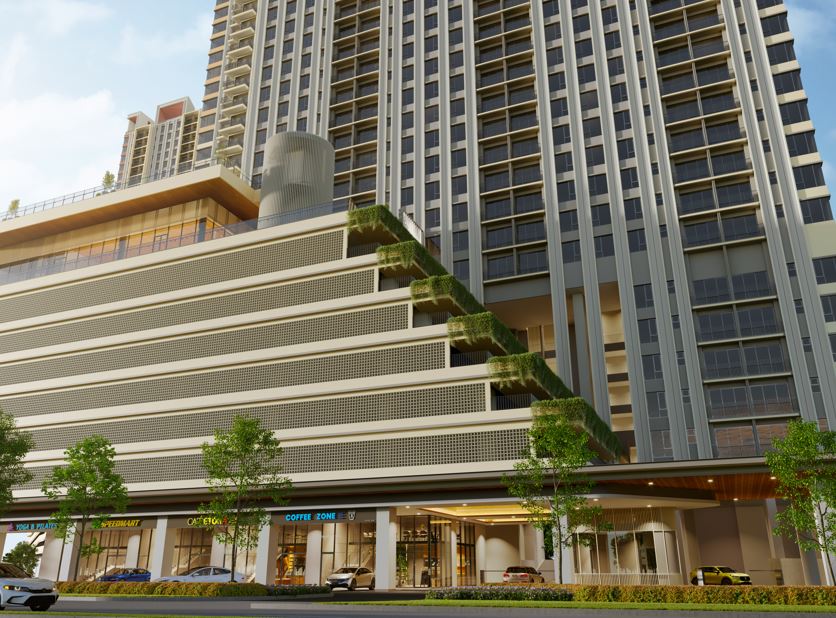Malaysia’s housing market unlikely to waver over interest hike
By Yanika Liew
For most homebuyers, buying a home means having to take up a housing loan from a bank or financial institution. The amount of monthly installments is determined by the interest rates that they would have to pay.
So Bank Negara Malaysia (BNM) recently moved to lift the Overnight Policy Rate (OPR) by 25 basis points to 2% but what does this mean for the average homebuyer?
Most importantly, homebuyers need to be aware that the OPR impacts banking institutions, which are subjected to the interest rate when lending money to other banks. Due to the nature of a bank’s lending activities, such as withdrawals and loans, banks may need to borrow money from another bank to maintain their cash reserves. The rate of interest when lending to other banks is determined by BNM.
“Any increases in interest rates will have a direct, inverse impact on the property industry. We have however been enjoying a record low 1.75% OPR since the Covid pandemic and some form of increase here is anticipated,” Savills Malaysia group managing director Datuk Paul Khong said.
According to Juwai IQI Group co-founder and chief executive officer Kashif Ansari, between 2004 and 2020, the OPR only dropped as low as 2%. The past two years of the pandemic represented the first time in history that the overnight policy rate has been as low as 1.75%, a fact which had been similarly expressed in BNM’s statement upon the increase of the OPR. In fact, 2% is already considered low by historical standards.

“Any increases in interest rates will have a direct, inverse impact on the property
industry,” Khong said.
Buyer behaviour
“For homebuyers generally, the actual increase in OPR will basically equate to more money required to service the existing loans in layman terms. Either longer repayment periods on a status quo basis or a higher monthly repayment rate. Since the increase is a nominal amount of 0.25%, we will not see any major impact on house buyers who can afford to invest in property. Based on an increase in OPR (loan interest from 3.25% to 3.5% per annum), the repayment for a RM1mil loan over a 35-year period will increase from RM3,990 to RM4,130 per month,” said Khong.
Malaysia Institute of Estate Agents’ (MIEA) secretary-general Evon Heng said the buyer that they were servicing continued with their purchase despite the interest hike.
“They didn’t cancel or stop moving because of the interest rate increase,” she told StarProperty, adding that the impact of the hike would mean that the loan repayment would increase, and thereby, affect the Debt Service Ratio when homebuyers apply for a loan.
"In the market, when there are any changes, those people who do not plan to buy anything yet, might wait and see. Those who have already planned and decided, it would not affect their buying or investment decision, as we know that investment property is considered a hedge against inflation,” she added.
According to property industry practitioners, the increasing rate of inflation in many parts of the world has yet to reach Malaysia.
Stability in the industry
“Some countries are undergoing very high inflation. Just look at the United States. However, the situation in Malaysia is different. Inflation here is manageable and is mostly a result of increases in global commodity prices. Malaysians are protected from the worst of commodity prices by the fuel subsidies.
“In Malaysia, headline inflation will likely be somewhere between 2.2% and 3.2% this year. That is a manageable rate. There is still room for employment and business activity to grow significantly without causing inflation to surge,” Ansari said.

"In Malaysia, headline inflation will likely be somewhere between 2.2% and 3.2% this year," Ansari said.
When it comes to industry professionals such as developers and real estate practitioners, the property market will continue to remain stable.
“This OPR increment will mean a higher cost of borrowings to property developers now, especially for those who are taking bridging loans for their developments but since the increase is kept nominal, no immediate significant impact is envisaged,” Khong said.
“As real estate practitioners, be alert of the changing in the market. No matter what happens, we will continue to serve vendors to help them with sales or rent, for homebuyers always understand their needs and requirement and provide professional advice to them,” Heng said.
The increase in the OPR is a reflection of BNM’s confidence in Malaysia’s economic rebound, rather than an attempt to safeguard against inflation. The state no longer feels the need for the economy to receive the support of having low interest rates. Rather, the increase displays a return to normalcy.
“As we’ve said before, we believe the housing market will react positively this year and in 2023 to the growing economy, household income, and employment. The GDP is expected to climb as much as 6.3% this year. The bank is projecting stronger domestic demand and higher exports.
“We expect positive economic conditions to drive strength in the real estate market that will really gather pace in the second half (of 2022) and in 2023,” Ansari said.
For buyers and investors, Heng continues to caution against overstretching themselves. Even with the return to the status quo, property decisions should be made with proper financial planning and management, which is vital when deciding to buy or invest in real estate.
Stay ahead of the crowd and enjoy fresh insights on real estate, property development, and lifestyle trends when you subscribe to our newsletter and follow us on social media.












































